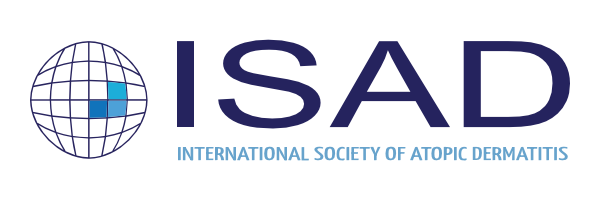
Sheng-Pei WANG
MD
National Cheng Kung University, Tainan, Taiwan
University of California Berkeley, USA
May 2024: update
I’m very thankful for the ISAD research fellowship as it provided me with a unique and precious opportunity to establish collaboration with a multidisciplinary team, exploring the association between environmental microbiomes and allergic disease. In addition to the host PI of my fellowship, Dr. Katrina ABUABARA at the University of California (UC) San Francisco, I’ve had the privilege to work with microbiologists, ecologists, and computational biologists from the Lawrence Berkeley National Lab, the Oakridge National Lab, UC San Diego, and UC Davis. This experience opened my eyes to a large-scale study, deepened my knowledge in epidemiology, microbiology/ecology, and advanced machine learning methods, and fostered my skill in interdisciplinary collaboration. All of these are immensely helpful for an early-career dermatologist who just delved into research and academia like me.

I also wanted to give a quick update on our research project – I continue working with the team after my 6-month fellowship. We used population-based data to assess the association between the prevalence of allergic disease and the diversity of soil microbes in the environment. We found that higher diversity in soil microbes is associated with a lower prevalence of allergic disease (combining atopic dermatitis, asthma, and allergic rhinoconjunctivitis) and asthma, and soil microbial diversity may be more impactful on allergic disease than air pollution, humidity, temperature, and other climatic features. This result is verified in both fungal and bacterial databases and we are drafting a manuscript.
In conclusion, I’m deeply grateful for the ISAD fellowship, being in an amazing team, and working on a fascinating and novel project. This fellowship opens my doors to research focusing on atopic dermatitis and One Health and is crucial for my career development. Thank you for this opportunity, and I look forward to contributing further to the international AD community!
July 2022
I am a dermatologist from Taiwan, and I am genuinely curious about how psychological stress, physical environment, and sociocultural factors impact atopic dermatitis. I believe that if we understand more about how environmental factors are shaping the development of atopic dermatitis, we can develop preventive measures to lower the rate of atopic dermatitis at the population level.
My project aims to understand the relationship of environmental microbial diversity and atopic dermatitis on a global scale by pairing large epidemiological allergy studies and global microbial sampling initiatives. It is an extension of my master thesis in which I worked with Dr. Katrina Abuabara at the University of California Berkeley and found promising preliminary results. I am very thankful to receive the support from ISAD Research Fellowship to continue working with Dr. Abuabara at the University of California San Francisco. The ISAD Research Fellowship not only enables me to return to the Bay Area and learn from leading experts in eczema and computational biology, but also provides a stepping stone to an academic career focused on atopic dermatitis.
Thank you!

